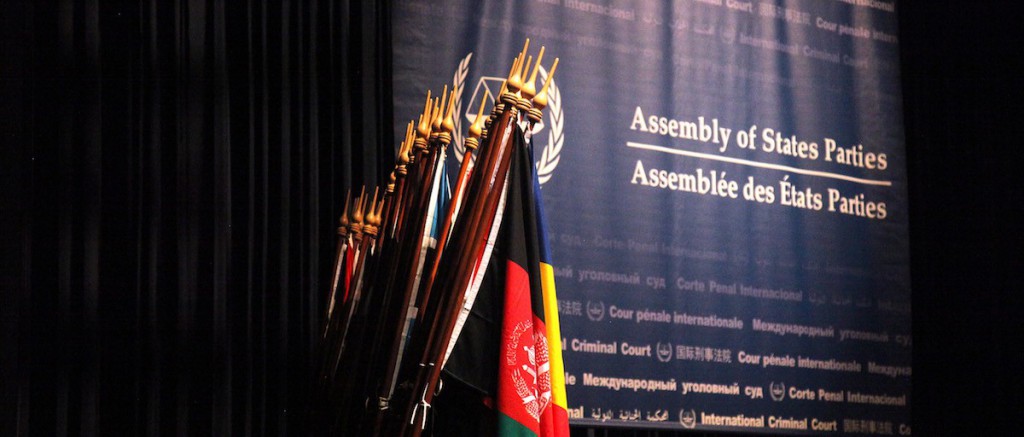
On Monday, 4 December, the Sixteenth session of the Assembly of States Parties of the International Criminal Court (ICC) opened at the United Nations headquarters in New York, NY. Justice Rapid Response (JRR), the Permanent Mission of Finland and the Permanent Mission of Uganda to the UN held JRR’s annual side-event of JRR at the ASP.
This year’s event, titled “The Professionalization of the investigation of International Crimes: Yesterday, Today, and Tomorrow.” was an occasion for JRR Executive Director Andras Vamos-Goldman to report back to States, as well as CSOs and other practitioners, on JRR’s activities.
From the Concept Note:
Every so often the international community should take a longer term perspective at developments and challenges which impact on its goals. In relation to accountability, this is a very appropriate time. There is a paradigm shift taking place with masses of information are being collected, in part for the purpose of spurring on needed accountability processes. This necessarily means that uncertainties remain about the accountability mechanism this will be used for, including its rules of procedure and evidence. This, in turn means that what is collected and how, and what duty of care is exercised comes down primarily to the judgement of the investigators.
Justice Rapid Response, through the lens of its work and experience in recruiting and providing professional international criminal justice investigative expertise for more than eight years, would like to contribute to this reflection. JRR’s mission is to help to professionalize the investigation of international crimes. Information on which international criminal justice decisions are based must be above reproach in order for accountability to be credible. This is achievable if the information is identified, collected, preserved and reported on by experienced professionals, trained to work under international frameworks and conditions – especially if they also have an affinity to the culture of the people and place where the alleged crimes occurred. Yet if we are truly to put an end to impunity for core international crimes, then we also have to make sure that these professionals are not only rapidly available – they can also be rapidly used by the international community. Matching the appropriate professionals to the situation and circumstances of the investigation must become an automatic consideration any time information collection is possible. This is the best way to ensure a solid foundation for credible accountability – the condition precedent for breaking recurring cycles of violence.
In this event hosted by the Permanent Missions of Finland and Uganda to the UN on behalf of the Executive Board of JRR, the short documentary “Evidence of Hope” will provide a closer look at the work of SGBV investigators in Iraq and Syria. This will be followed by a presentation by Executive Director Andras Vamos-Goldman, who will offer a critical look at the evolution of the investigation of international crimes. Time will be provided for questions and statements from floor.